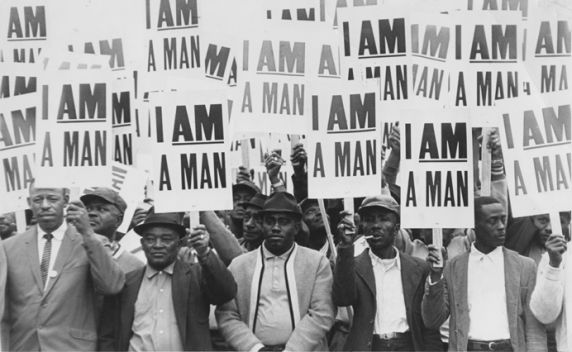Dr. Jody Baxter Noll recounts the 1968 Florida Teachers’ Strike, in which 27,000 teachers across the state, amidst a shift in Florida politics toward a pro-business and suburban “Sunshine conservatism” reluctant to raise taxes for public education, submitted their resignations to gain collective bargaining rights and improved school funding. Noll is a Lecturer in the History Department at Georgia State University and author of The 1968 Florida Teachers’ Strike: Public Sector Unionism and the Fight against Sunshine State Conservatism.
Related Resources:
The 1968 Florida Teachers’ Strike: Public Sector Unionism and the Fight against Sunshine State Conservatism
Related Collections:
AFT Office of the President Records (LR001553)
AFT President’s Office: Albert Shanker Records (LR001553_Shanker)
AFT Southern Regional Office Records (LR001863)
Howard Hursey Papers (LP2047)
Episode Credits
Interviewee: Jody Baxter Noll
Producers: Dan Golodner and Troy Eller English
Music: Bart Bealmear
Podcast: Play in new window | Download | Embed
Subscribe: Apple Podcasts | Spotify | Android | Podchaser | RSS | More

